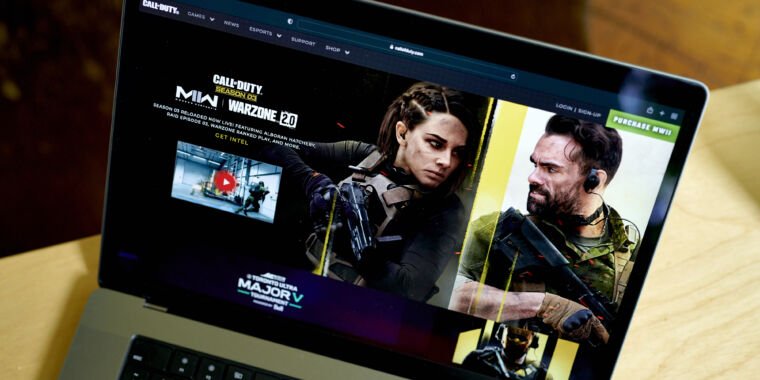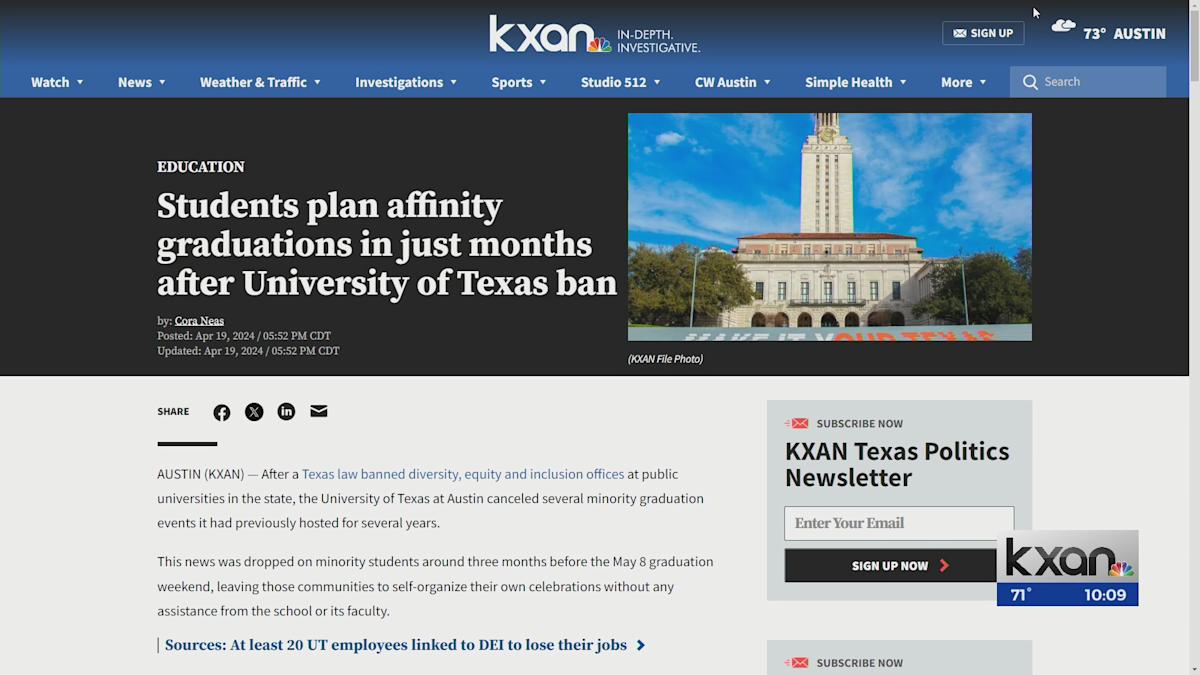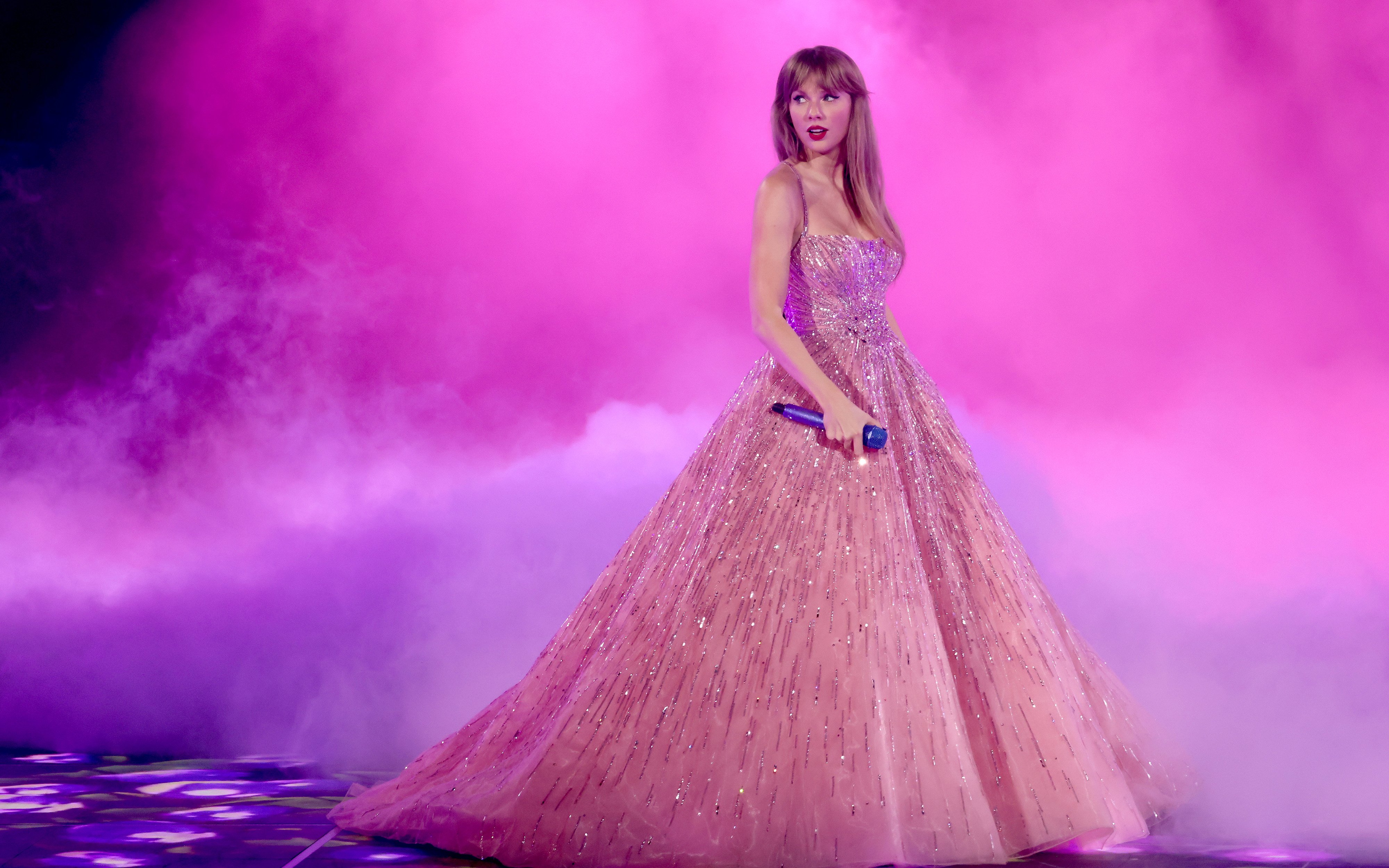FTC Appeals Activision Blizzard Acquisition: Implications For The Gaming Industry

Table of Contents
The FTC's Concerns Regarding Competition
The FTC's core argument centers on the potential for anti-competitive practices resulting from the merger. They argue that Microsoft, already a significant player in the gaming market with its Xbox consoles and Game Pass subscription service, acquiring Activision Blizzard – the powerhouse behind iconic franchises like Call of Duty, Warcraft, and Candy Crush – would create an unacceptably dominant entity. This dominance, the FTC contends, would stifle competition, leading to several negative consequences for gamers.
The FTC's concerns boil down to:
- Reduced competition in the console market: Microsoft could leverage its ownership of Activision Blizzard titles to gain an unfair advantage over competitors like Sony and Nintendo.
- Stifled innovation due to less competition: A lack of competitive pressure could lead to less innovation in game development and features.
- Higher prices for gamers due to lack of alternatives: Reduced competition could result in higher prices for games and subscription services.
- Limited consumer choice: Gamers might face less choice in platforms and games, with certain titles becoming exclusive to Xbox.
Microsoft's Defense and Counterarguments
Microsoft counters the FTC's claims, asserting that the acquisition will actually increase competition and benefit consumers. They argue that their commitment to bringing Activision Blizzard games to other platforms, including PlayStation and Nintendo Switch, demonstrates their dedication to maintaining fair competition. Furthermore, they highlight the expansion of Game Pass as a benefit for gamers, providing access to a vast library of games at a subscription price.
Microsoft’s key arguments include:
- Claims of increased competition and consumer benefits: Microsoft argues the acquisition will lead to broader game availability and potentially lower prices through Game Pass.
- Promises of wider game availability on different platforms: Microsoft has pledged to continue releasing Activision Blizzard titles on other platforms, preventing exclusivity as a competitive weapon.
- Emphasis on the expansion of Game Pass and its benefits to gamers: They highlight the increased value and choice offered to subscribers by including Activision Blizzard titles within Game Pass.
- Arguments against the FTC's definition of the relevant market: Microsoft challenges the FTC's definition of the market, arguing it's too narrow and doesn't accurately reflect the competitive landscape.
Potential Outcomes and Implications for the Gaming Industry
The outcome of the FTC's appeal will have profound implications for the gaming industry. A ruling against Microsoft could set a significant precedent, increasing regulatory scrutiny of future gaming mergers and acquisitions. This could lead to stricter antitrust enforcement and potentially prevent other large-scale acquisitions in the industry.
Potential outcomes and implications include:
- Increased regulatory scrutiny of gaming mergers: Future mergers will face greater examination, potentially slowing down consolidation in the gaming market.
- Changes in the antitrust landscape for the tech industry: This case could influence antitrust law's application to other tech sectors.
- Potential for precedent-setting decisions influencing future deals: The ruling will provide a framework for future mergers and acquisitions in the tech industry.
- Impact on game pricing and availability: The outcome could directly impact the prices and availability of games for consumers.
The Broader Context of Antitrust Law in the Tech Sector
This case fits within a broader trend of increased antitrust scrutiny of large tech companies. Regulators worldwide are grappling with the implications of market dominance by a few powerful players in the digital age. The FTC's challenge to the Activision Blizzard acquisition reflects a growing understanding of the unique challenges presented by digital markets and the need for adaptable antitrust enforcement.
Key aspects of the broader context include:
- Comparison to other recent antitrust cases in the tech sector: The case can be compared to other major antitrust cases involving tech giants like Google, Facebook (Meta), and Amazon.
- Analysis of the evolving understanding of market dominance in the digital era: Regulators are adapting their understanding of market dominance to account for the dynamic nature of digital platforms.
- The role of regulators in shaping the future of the tech industry: The outcome of this case highlights the crucial role of regulators in shaping the future of the tech industry, and gaming specifically.
Conclusion: The Future of the Activision Blizzard Acquisition and the Gaming Landscape
The FTC's appeal against the Activision Blizzard acquisition is a pivotal moment for the gaming industry. The arguments presented by both sides highlight crucial considerations regarding competition, innovation, and consumer welfare in the digital age. The outcome will significantly impact future mergers and acquisitions, setting a precedent for antitrust enforcement in the gaming and broader tech sectors. The impact on game pricing, availability, and the overall gaming experience will be significant.
Call to action: Stay informed about the ongoing Activision Blizzard acquisition legal battle and its effects on the gaming industry. Follow developments closely to understand the changing landscape of game mergers and antitrust regulations. The outcome of the FTC appeal will significantly shape the future of gaming.

Featured Posts
-
 Mona Guccis Critique Separating Tik Tok Influencers From Celebrities
May 27, 2025
Mona Guccis Critique Separating Tik Tok Influencers From Celebrities
May 27, 2025 -
 Colleges Cancel Affinity Graduations Students Fight Back
May 27, 2025
Colleges Cancel Affinity Graduations Students Fight Back
May 27, 2025 -
 Gucci Re Motion White Gg Canvas Bag 832461 Aaew 39045 Expected May 2025
May 27, 2025
Gucci Re Motion White Gg Canvas Bag 832461 Aaew 39045 Expected May 2025
May 27, 2025 -
 Is Krrish 4s Plot Leaked Nora Fatehi And Preity Zinta Rumored To Star
May 27, 2025
Is Krrish 4s Plot Leaked Nora Fatehi And Preity Zinta Rumored To Star
May 27, 2025 -
 Taylor Swift Eras Tour An In Depth Look At Her Stage Outfits And Wardrobe
May 27, 2025
Taylor Swift Eras Tour An In Depth Look At Her Stage Outfits And Wardrobe
May 27, 2025
